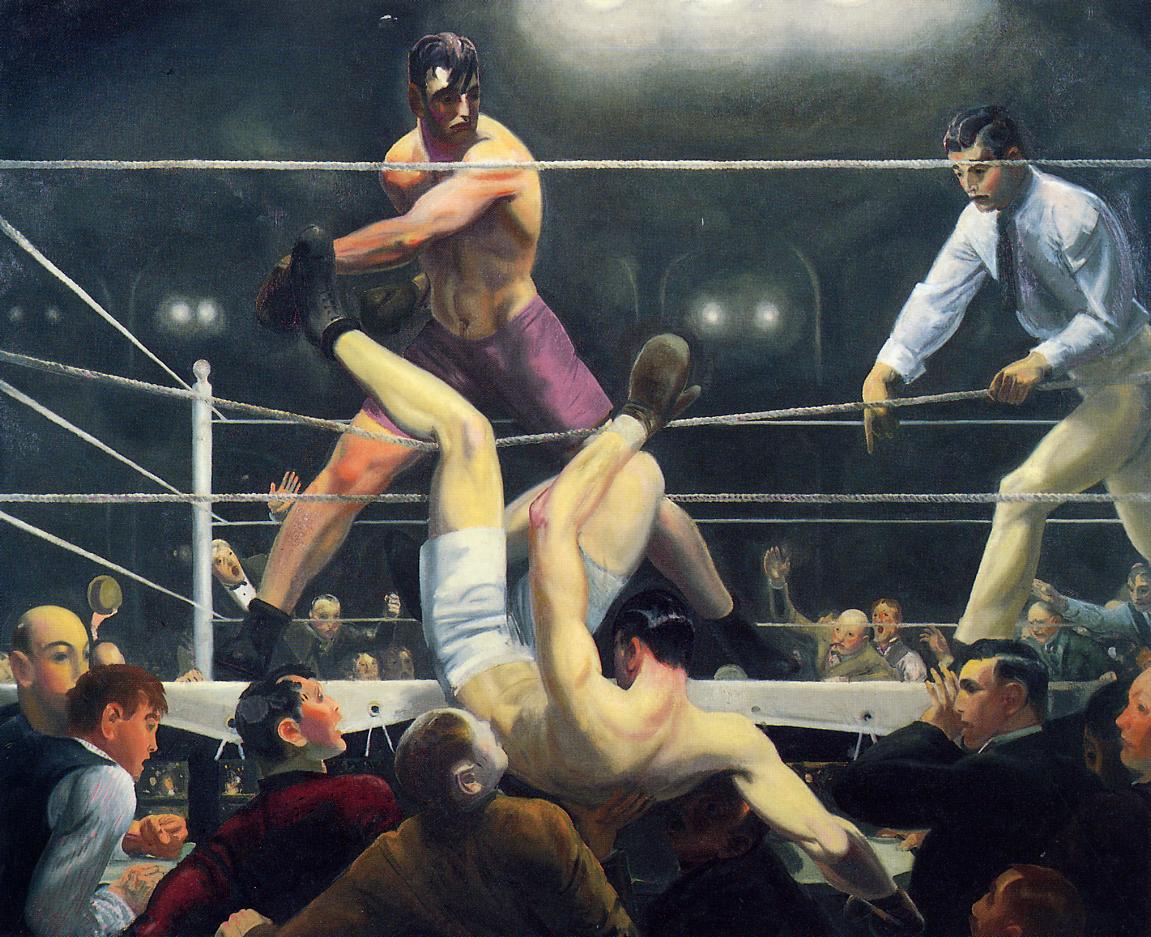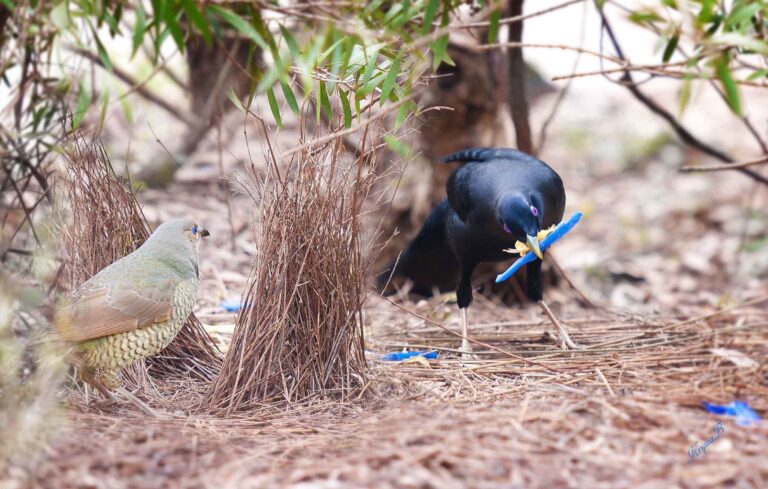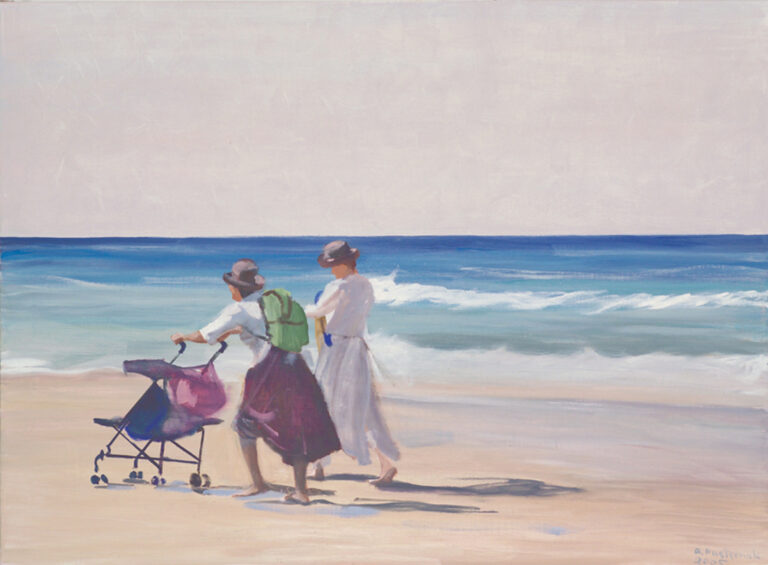THE NEUTRAL CORNER: Michael Hofmann’s “Where Have You Been?” And Gottfried Benn’s “Impromptus”
The neutral corner is one of the two corners of the ring not used by boxers between rounds. It is also the corner a boxer must retreat to after he has floored his opponent. The Neutral Corner was also a bar in Saratoga Springs, New York, that I frequented when at Yaddo in the late seventies. Framed photographs of famous fighters, signed to the owner with effusive greetings, covered the walls. They would have been impressive except that the handwriting on each was identical.
This blog series, the Neutral Corner of Ploughshares, will bring attention to new books, mostly poetry, and to older books that have recently given me pleasure.
***
 Michael Hofmann’s most recent book of translations is Gottfried Benn’s Impromptus: Selected Poems and Some Prose (FSG, 2013). I love Benn’s dark wit, and find a kind of courage in his pessimism, as in the ending lines of “No Tears”:
Michael Hofmann’s most recent book of translations is Gottfried Benn’s Impromptus: Selected Poems and Some Prose (FSG, 2013). I love Benn’s dark wit, and find a kind of courage in his pessimism, as in the ending lines of “No Tears”:
please no tears
no one say: oh I was so lonesome.
Hofmann’s excellent introduction quotes Benn: “The opposite of art, Benn always argued, is not actually nature, but a concern to please.” There is no pleasing in this work: it is frank and open and often brutal.
Benn’s essay, “Aging as a Problem for Artists,” the last piece in the book, contains advice and anecdotes both grave and entertaining:
“When the diamond merchant Salomon Rosbach leapt from the Empire State Building, he left an enigmatic message: “No more up, no more down, I’m jumping.”
#
I lately read the following story about Clemenceau. He had taken on a new personal secretary, and was informing him of his duties on the first day. Some letters, Clemenceau said, you will have to write by yourself. Listen: ‘A sentence consists of a noun and a verb—if you want to use an adjective, get my permission first.’ Get my permission first! It’s the same as what Carl Sternheim told me when we were both young: he said, when you’ve written something, look it over again, and cut out the adjectives, then your meaning will be clearer. That turned out to be right, it was the compulsory check for my generation, the leaving out of the sprawling, explaining adjectives.
#
If I had anything to give this youth from my pulpit of age, then it would include the following: if you’ve published four rhymed or unrhymed poems, or have managed to sketch a recognizable goat, then don’t expect the Lord Mayor to telephone you on your birthday, after all, you’re just doing something human.
#
“Toughness is the best gift for the artist, toughness against yourself and your work. What did Thomas Mann say? ‘Sooner spoil a work than not go as far as you can at every point of it.’”
Benn also quotes Malraux: “The highest embodiment of an artist is founded equally on the renunciation of his masters and the destruction of everything he himself once was.”
 Last December Hoffman also published Where Have You Been? Selected Essays (FSG, 2014) which I admire for the range of discussion and the depth of passion. His essay on James Schuyler made me appreciate this poet’s work all over again, and his analysis of Schuyler’s poem, “Arches,” encapsulates the poet’s strategy.
Last December Hoffman also published Where Have You Been? Selected Essays (FSG, 2014) which I admire for the range of discussion and the depth of passion. His essay on James Schuyler made me appreciate this poet’s work all over again, and his analysis of Schuyler’s poem, “Arches,” encapsulates the poet’s strategy.
Whether you agree or disagree with Hoffman, you are always in provocative company. Here’s his take on Ted Hughes’ Collected Poems (over 1300 pages—it includes translations): “Hughes is at least arguably the greatest English poet since Shakespeare; what’s the competition? Milton, Pope, Keats, Wordsworth, Tennyson, Hardy, (maybe) Larkin. I think such a view can be advanced.”
Individual essays include those on the poets: Berryman, Bishop, Lowell, Seidel, Zagajewski, Enzensberger. Prose writers: Grass, Bernhard and Walser. And visual artists: Beckmann, Schwitters. The latter who is known for saying, “Even when an artist spits, it’s art.”



